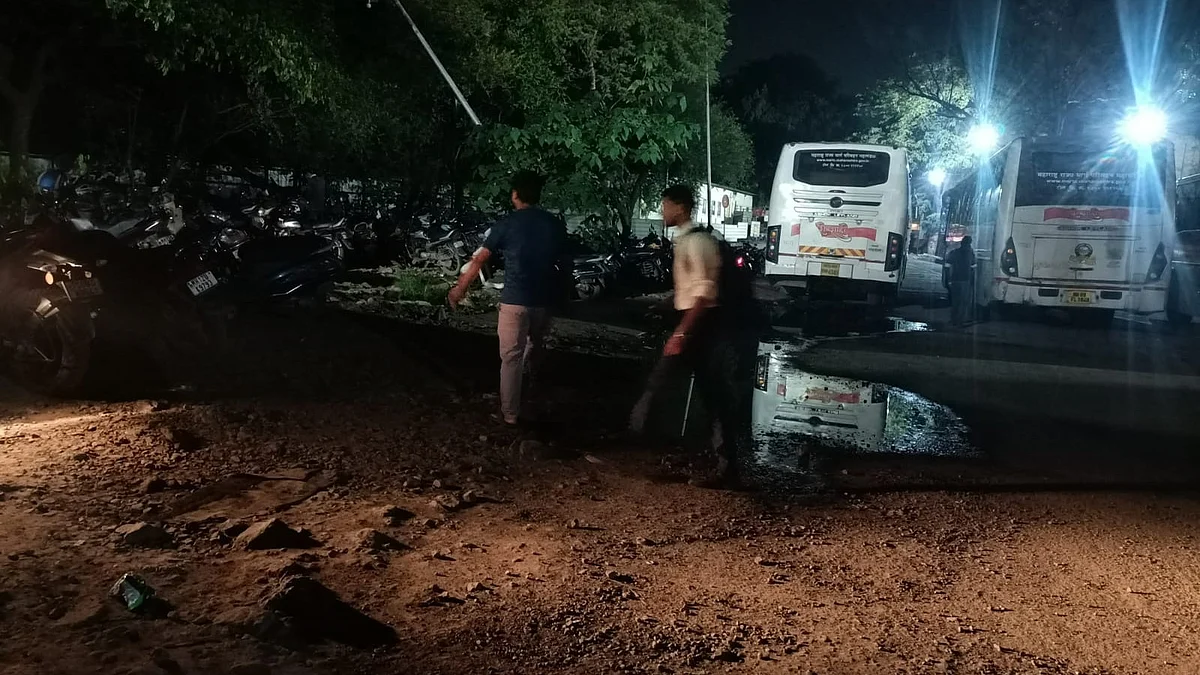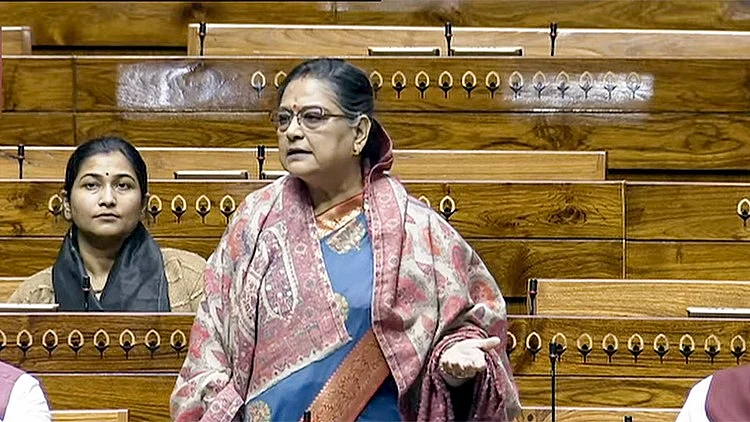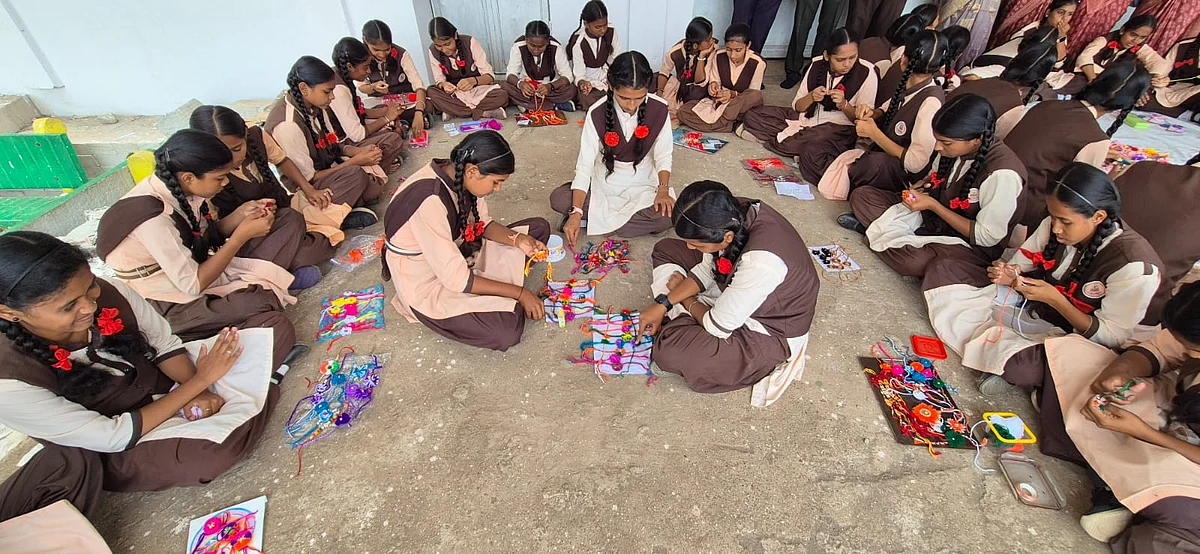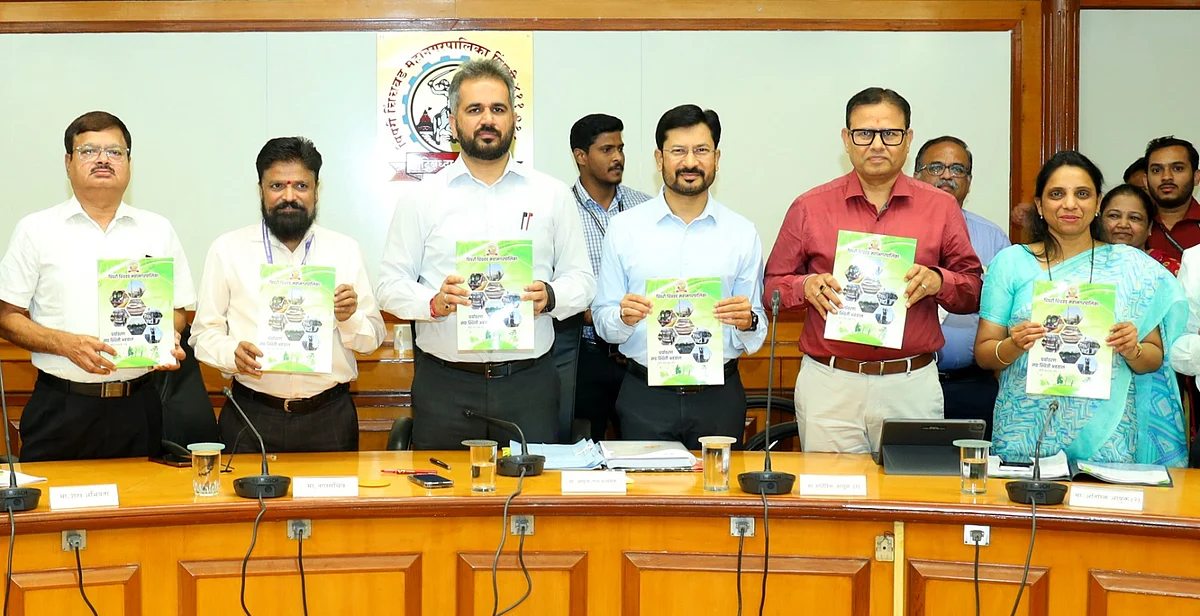The Pimpri-Chinchwad Municipal Corporation (PCMC) on Tuesday unveiled its Environmental Status Report (ESR) for 2024-25, offering a comprehensive review of the city’s environmental indicators and progress. The report was released by Municipal Commissioner Shekhar Singh during the Standing Committee meeting.
The report takes a comparative look at environmental trends over the last three years and presents detailed insights into the city’s land use, population dynamics, rainfall data, water supply, sanitation, air and noise pollution, soil quality, solid waste management, energy usage, transport systems and key public services. It also covers the impact of smart city initiatives and urban renewal projects.
A key highlight of the report is that Pimpri-Chinchwad has once again secured the “Water+” certification for fulfilling all sewage treatment and reuse benchmarks. This marks the second consecutive year that the city has achieved this status. In addition, PCMC has successfully retained its 7-Star Garbage Free City rating under the Swachh Bharat Mission, thanks to its robust solid waste infrastructure that includes waste-to-energy plants, decentralised composting units, bio-medical and hotel waste processing systems, as well as construction and demolition (C&D) debris treatment facilities.
In 2024-25, the city carried out extensive afforestation drives, planting a total of 1,73,576 native trees with the active involvement of civic bodies, NGOs, schools, and citizens. Air quality monitoring data showed that PM10 and PM2.5 levels exceeded permissible standards during certain months, with AQI readings in the “Good” category during monsoon, “Satisfactory” in summer, and “Moderate” during winter. Rising vehicular emissions remain a concern, with a 36% increase in registered vehicles over the past year. However, the share of e-vehicles has steadily increased to 3.5%, with over 50,902 electric vehicles now operating in the city.

PCMC’s commitment to sustainable public transport is evident in the growing PMPML fleet, which now includes 1,948 buses—of which 490 are electric and 225 run on CNG. On the sanitation front, all 19 sewage treatment plants in the city collectively process 332 MLD of wastewater, with 31 MLD reused each month for street washing, dust suppression, and landscaping.
The city’s waste-to-energy plant has processed over 3.5 lakh metric tonnes of household waste to generate more than 13.6 crore electricity units to date. The C&D waste plant has processed nearly 40,000 metric tonnes of debris, while the hotel wet waste project has produced 1.12 lakh kilograms of biogas from over 3,593 metric tonnes of organic waste.

"The environmental progress Pimpri Chinchwad has made is not just the achievement of our systems, but a reflection of the collective participation of our citizens. This ESR is a mirror of our journey so far and a valuable guide for the road ahead," said Shekhar Singh, Municipal Commissioner, PCMC.
"This report is more than just data—it’s a roadmap for Pimpri Chinchwad’s sustainable and resilient future. With community participation and administrative commitment, our city can become a national benchmark in green urban living," added Vijaykumar Khorate, Additional Commissioner, PCMC.










